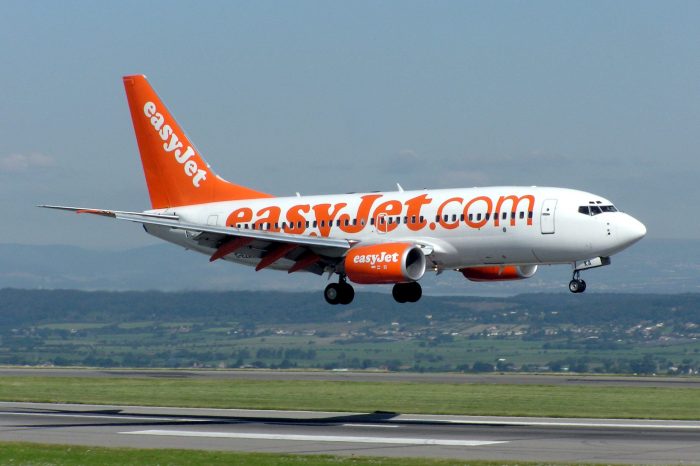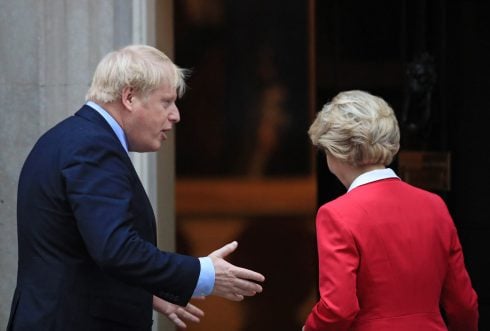BRITISH tourists will be forbidden from entering Spain and any other EU country from January 1, according to the current coronavirus restrictions
The rules dictate that there can be no non-essential travel from outside the EU and European Economic Area (EEA), which from next year will include the UK.
Since October, nonessential travel has been allowed into the EU from just eight so-called ‘third’ countries, including Australia, New Zealand and South Korea.
But according to an EU commission spokesman, as of last week, there were no plans to make the UK exempt in the new year.
“This is a decision for the council to make,” he said.
The Financial Times has also reported that Norway, which is part of the EEA, will also bar UK visitors from January 1.
A UK government spokesperson said: “We cannot comment on decisions that could be taken by other states on public health matters.
“We take a scientific, risk-based approach to health measures at the border, and it is of course in the interests of all countries to allow safe international travel as we emerge from the pandemic.”
Countries within the EU have the power to ignore European Council recommendations, meaning Spain, or any other EU member state, could opt to allow for travellers from the UK.
Brits represent the largest market for the Spanish tourism industry and are seen as essential in its recovery next year.
Pedro Sanchez’s Government will have to override the travel recommendation to allow Brits to arrive in the new year.
Alternatively, a proposal would need to be made to add the UK to the safe list, but it would have to meet several criteria related to its management and containment of the coronavirus.
It comes after news of the vaccine in the UK inspired a surge in 2021 bookings for airlines like easyJet, many of which will now be in doubt.
The current coronavirus rules state that people from outside the EU can enter the bloc if they hold certain jobs, such as aid workers, diplomats, health workers and seasonal farm workers.
Travelling for study or urgent family reasons is also allowed, as are European nationals who live in Britain.








